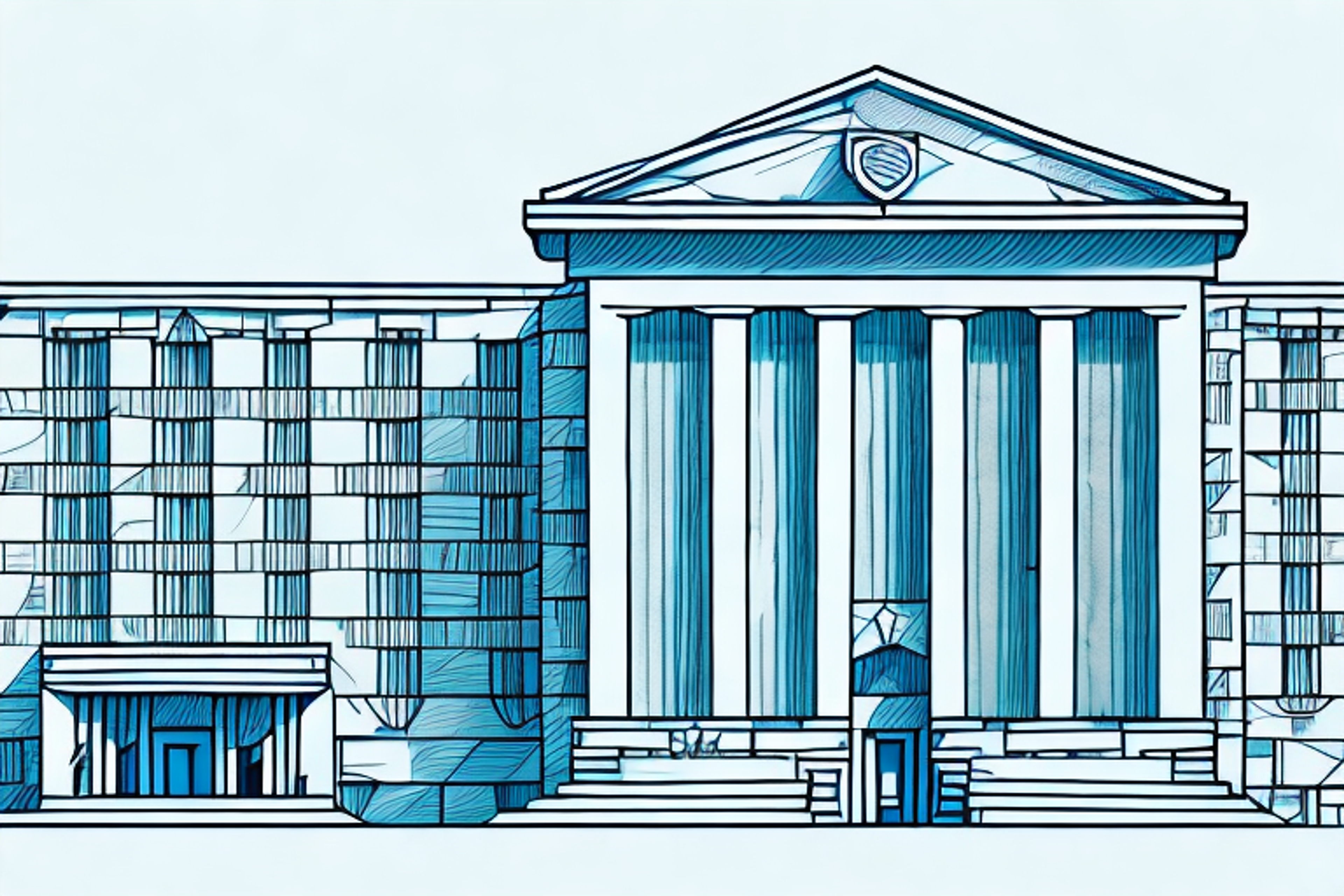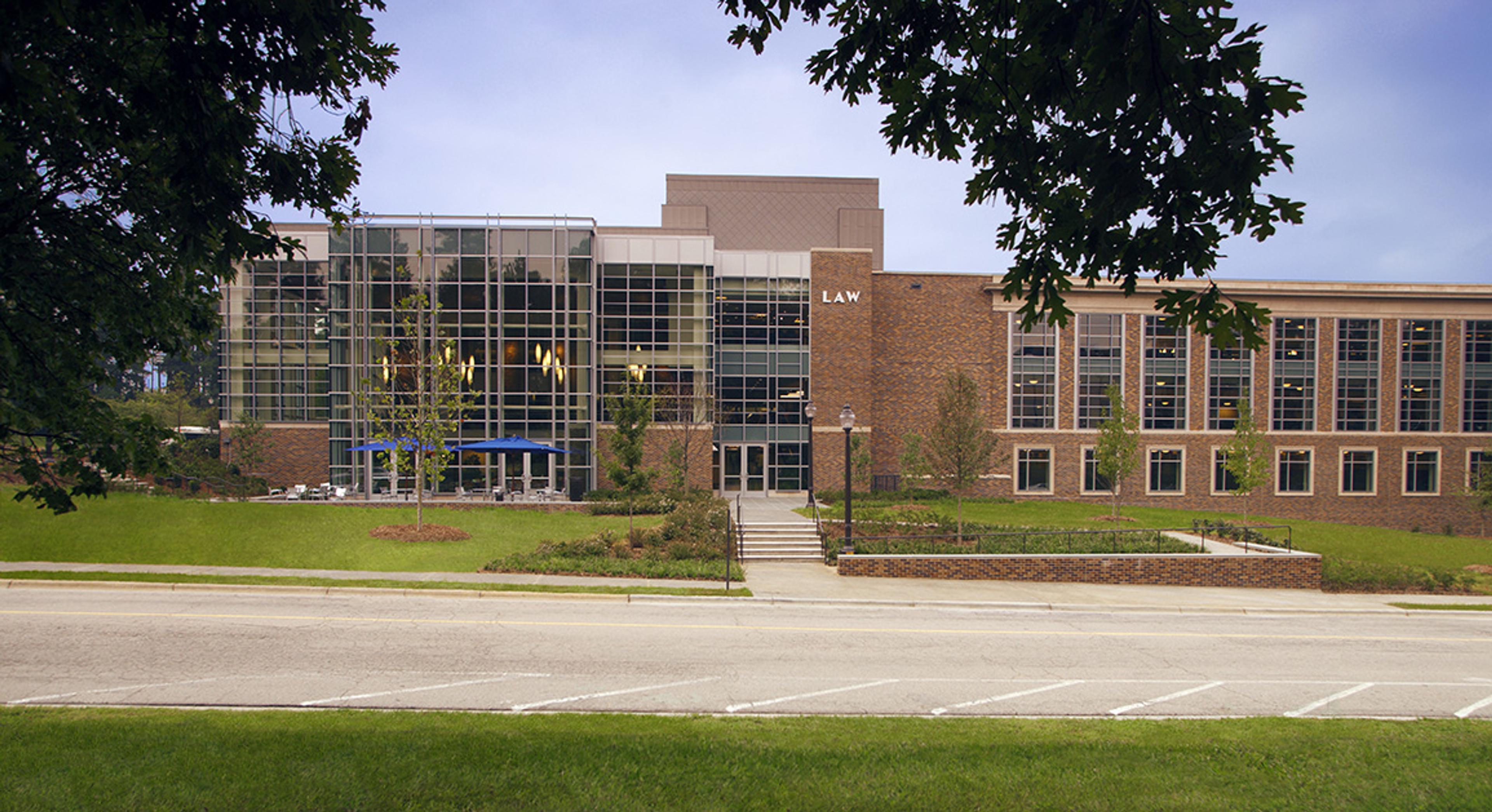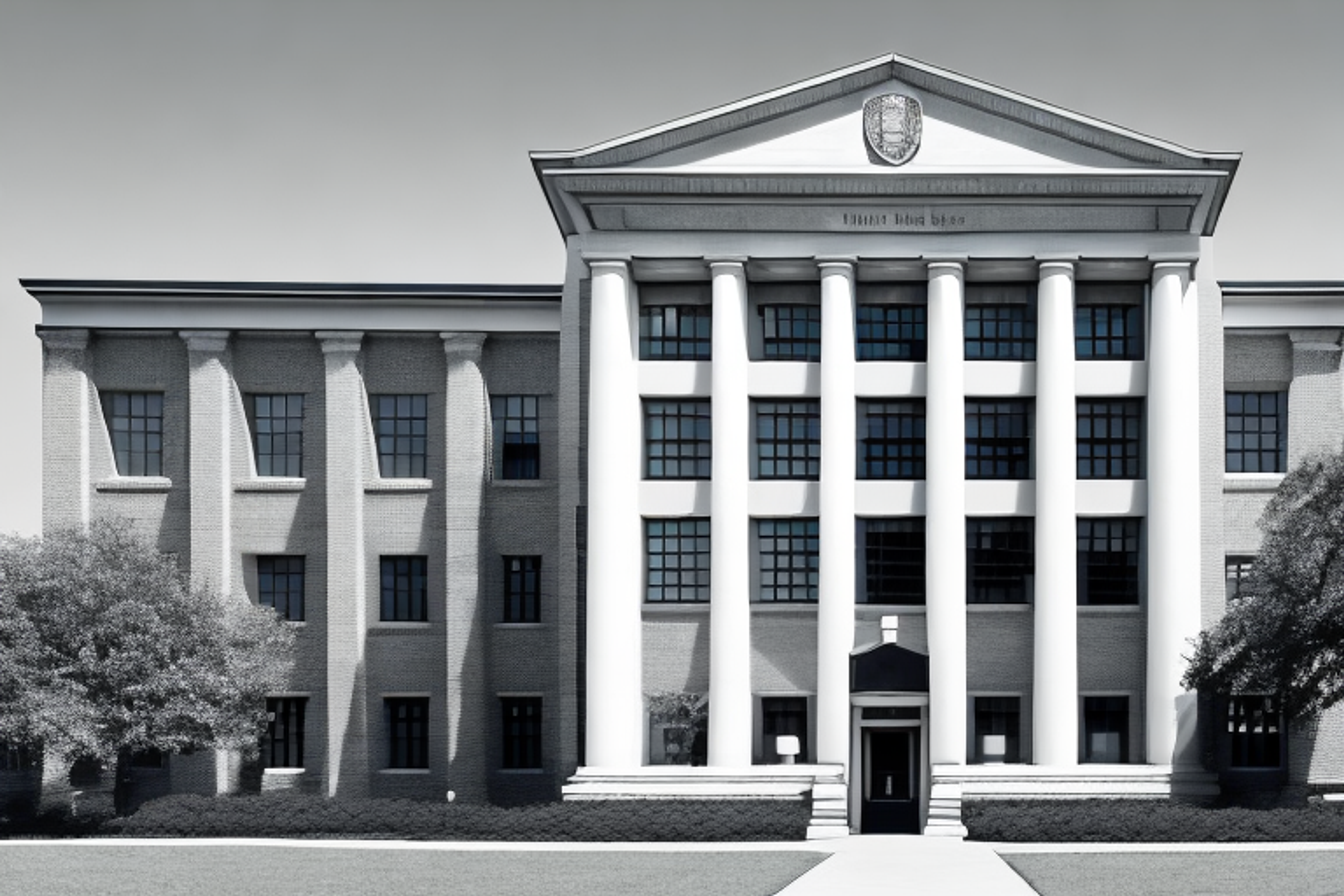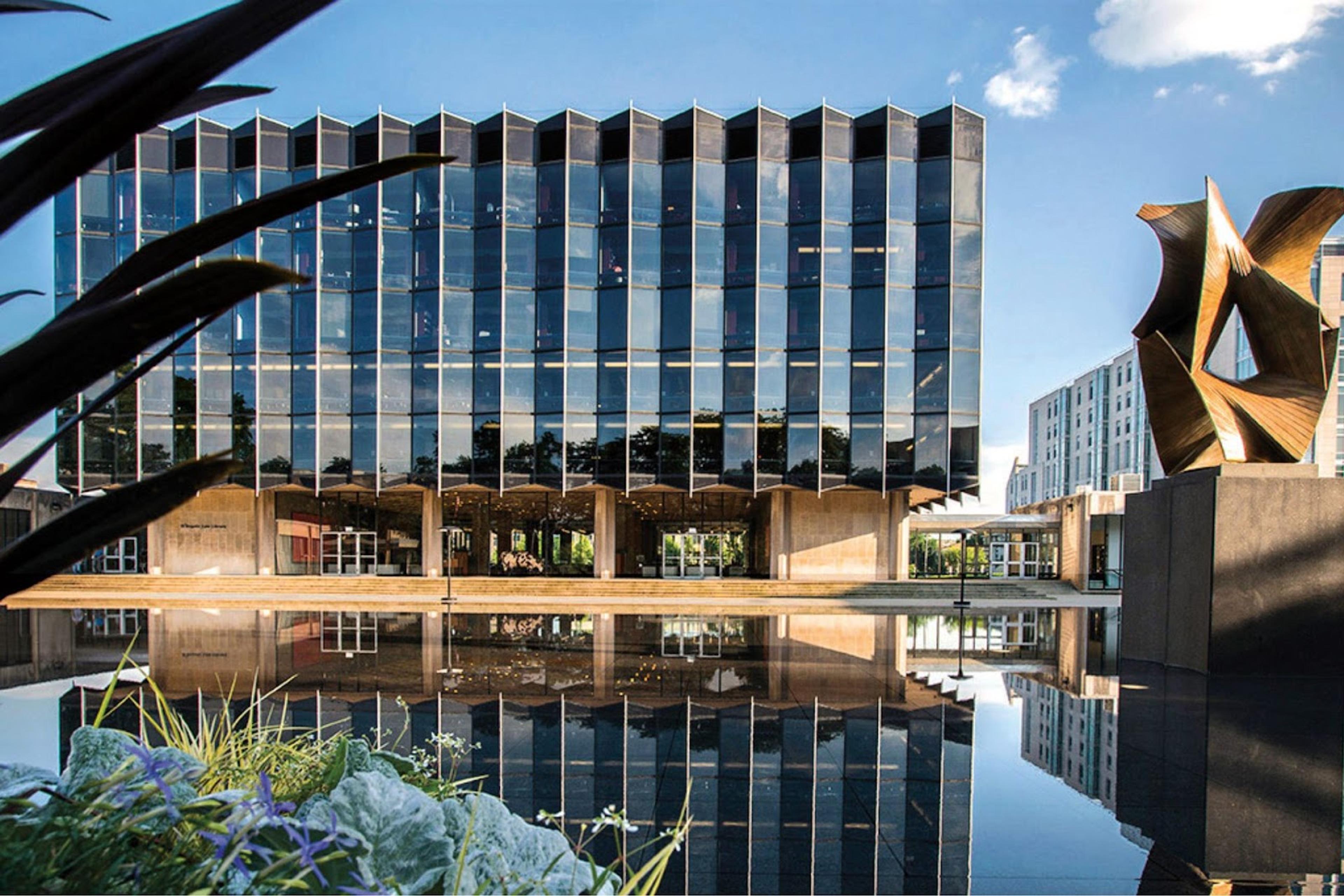Cornell Law School: Program and Application Overview
Discover everything you need to know about the Cornell Law School program and application process in this comprehensive overview.
Posted April 10, 2025

Table of Contents
Free Event

Featuring Indrani S.
Law School App Office Hours with a Former Stanford AdCom Member
Starting Thursday, April 17
11:30 PM UTC · 45 minutes

Featuring Indrani S.
Cornell Law School is one of the prestigious law schools in the world. It has been a leader of legal education since its establishment in 1887. It has a diverse student body and a renowned curriculum, which prepares students for a successful legal career. In this article, we will provide you with a comprehensive overview of Cornell Law School's history, requirements for admission, curriculum, financial aid resources, student life, and more.
The History of Cornell Law School
Cornell Law School was founded in 1887 by two young lawyers, Myron Richardson and Thomas G. Shearman. The first class of the law school consisted of just 27 students. Since then, the law school has grown to become one of the most well-known and respected institutions of legal education in the world. Cornell Law School has produced many prominent legal scholars, judges, and lawyers who have made a significant impact on the legal profession.
Over the years, Cornell Law School has expanded its curriculum to include a wide range of legal specialties, including international law, intellectual property law, and environmental law. The law school also offers a number of joint degree programs, allowing students to combine their legal education with studies in business, public policy, or other fields. In addition, Cornell Law School is known for its commitment to public service, with many students and alumni working in government, non-profit organizations, and other public interest positions.
What Makes Cornell Law School Stand Out?
Cornell Law School is known for its rigorous curriculum, which provides a strong foundation in legal theory and practice. Its faculty comprises of prominent legal scholars and practitioners who are dedicated to helping students achieve their fullest potential. The law school is also known for its focus on public interest law, international and comparative law, and interdisciplinary legal studies.
Additionally, Cornell Law School offers a wide range of clinical programs that allow students to gain practical experience in various areas of law, such as immigration, entrepreneurship, and environmental law. These programs provide students with the opportunity to work with real clients, under the supervision of experienced attorneys, and to develop their legal skills in a real-world setting. This hands-on experience is highly valued by employers and prepares students for successful careers in the legal field.
The Benefits of Attending Cornell Law School
Attending Cornell Law School offers many benefits. It provides students with a high-quality legal education that prepares them for a rewarding career in law. The law school has a comprehensive curriculum that covers a broad range of legal subjects, giving students a well-rounded understanding of the law. It also provides students with numerous opportunities to gain practical experience through clinics, internships, and pro bono work.
In addition to the comprehensive curriculum and practical experience opportunities, Cornell Law School also offers a supportive and collaborative learning environment. The faculty and staff are dedicated to helping students succeed and provide individualized attention and support. The law school also has a strong alumni network, which provides students with valuable connections and resources for their future careers.
Furthermore, Cornell Law School is located in Ithaca, New York, which offers a beautiful and vibrant community for students to live and learn in. The city has a rich cultural scene, with numerous museums, theaters, and music venues. It also has a thriving food and beverage industry, with many local restaurants and breweries. The natural beauty of the Finger Lakes region provides students with opportunities for outdoor recreation, such as hiking, skiing, and boating.
How to Apply to Cornell Law School: A Step-by-Step Guide
Applying to Cornell Law School is a straightforward process. The first step is to fill out an online application form and provide all the required documents. These documents include official transcripts, letters of recommendation, a personal statement, and a resume. Applicants may also be required to submit LSAT scores. Once the application is complete, it will be reviewed by the admissions committee, which will make a decision on the applicant's admission.
It is important to note that Cornell Law School has a highly competitive admissions process. In addition to meeting the minimum requirements, applicants should strive to stand out by highlighting their unique experiences and achievements. This can be done through the personal statement and resume, as well as through any additional materials that may be submitted.
Once admitted, students at Cornell Law School have access to a wide range of resources and opportunities. These include clinics and externships, which allow students to gain practical experience in various areas of law. Additionally, the school has a strong alumni network, which can provide valuable connections and career opportunities after graduation.
The Admissions Process at Cornell Law School
The admissions process at Cornell Law School is highly selective. The law school receives a large number of applications each year and admits only a small percentage of applicants. The admissions committee evaluates each application based on a variety of factors, including academic achievements, LSAT scores, letters of recommendation, and work experience. The committee also considers the applicant's personal statement and interests, as well as their potential for contributing to the legal profession.
In addition to the factors mentioned above, Cornell Law School also values diversity and seeks to admit a diverse group of students. The admissions committee looks for applicants who come from different backgrounds, cultures, and experiences, as this enriches the learning environment and prepares students for the diverse legal profession. Therefore, applicants who can demonstrate their unique perspectives and experiences may have an advantage in the admissions process.
The Requirements for Admission to Cornell Law School
The requirements for admission to Cornell Law School are stringent. Applicants must have a bachelor's degree from an accredited institution and must meet the law school's minimum GPA and LSAT score requirements. They must also provide letters of recommendation, a personal statement, and a resume. Applicants who are admitted to the law school must also demonstrate financial stability and a commitment to the legal profession.
In addition to the academic and professional requirements, Cornell Law School also values diversity and encourages applicants from a variety of backgrounds to apply. The law school seeks to create a community of students with diverse perspectives and experiences, which enriches the educational experience for all.
Furthermore, Cornell Law School offers a variety of programs and resources to support its students throughout their legal education and beyond. These include career services, pro bono opportunities, and clinics where students can gain practical experience in various areas of law. The law school also has a strong alumni network, which provides valuable connections and support for graduates as they enter the legal profession.
Financial Aid and Scholarships for Cornell Law Students
Cornell Law School is committed to providing financial aid and scholarships to its students. The law school offers numerous scholarship opportunities based on both merit and need. Students may also qualify for federal and private student loans, work-study, and other forms of financial assistance. The law school's financial aid office is available to help students navigate the financial aid process and explore available funding options.
In addition to the financial aid and scholarship opportunities offered by Cornell Law School, there are also external organizations that provide funding for law students. These organizations include bar associations, legal foundations, and private donors. Students are encouraged to research and apply for these external funding opportunities to supplement their financial aid package.
Furthermore, Cornell Law School has a Loan Repayment Assistance Program (LRAP) for graduates who pursue public interest or government work. The program provides financial assistance to graduates who have high levels of educational debt and low salaries in their chosen field. This program allows graduates to pursue their passion for public service without being burdened by excessive student loan debt.
Student Life at Cornell Law School: A Comprehensive Guide
Student life at Cornell Law School is vibrant and diverse. The law school has a wide range of student organizations that cater to different interests, hobbies, and professions. These organizations provide numerous opportunities for socializing, networking, and pursuing extracurricular activities. The law school's location in Ithaca, New York, offers students access to a vast array of cultural and recreational activities.
The Curriculum at Cornell Law School: Courses, Specializations, and Experiential Learning Opportunities
The curriculum at Cornell Law School is comprehensive and well-rounded. The law school offers a diverse range of courses, allowing students to specialize in areas like public interest law, environmental law, and international law. Cornell Law School also has a robust experiential learning program, which includes clinics, internships, and pro bono work. These programs provide students with practical experience and real-world legal skills.
Opportunities for Professional Development at Cornell Law School
Cornell Law School provides numerous opportunities for professional development. The law school has a robust alumni network, which offers students access to mentors, job opportunities, and other resources. The law school also has a career services office, which provides students with career counseling, job search assistance, and other services to help them succeed in their legal careers.
Alumni Success Stories from Cornell Law School
Cornell Law School has a long history of producing successful lawyers, judges, and legal scholars. Its alumni include prominent legal scholars, judges, and lawyers who have made significant contributions to the legal profession. Some of its most notable alumni include Ruth Bader Ginsburg, Anthony Kennedy, and Janet Reno.
Alternative Programs Offered by Cornell Law School
Cornell Law School offers several alternative programs for students who are interested in pursuing more specialized legal education. These programs include joint degree programs, such as the JD/MBA program, the JD/LLM program, and the JD/MPH program. The law school also offers an executive LLM program for experienced attorneys.
Resources Available to Students at Cornell Law School
Cornell Law School provides numerous resources to its students. These resources include a law library, computer labs, study spaces, and a wide range of academic support services. The law school also has a health services center, a counseling center, and other resources to support students' physical, emotional, and mental well-being.
Campus Life and Housing Options for Students at Cornell Law School
Students at Cornell Law School have access to a vibrant campus life. The law school is located on the main Cornell University campus, which offers numerous cultural, recreational, and social opportunities. The law school also provides housing options for students, including apartments and dormitories. The law school's housing office is available to help students find the best housing option to meet their needs.
In conclusion, Cornell Law School is an excellent institution for students who are interested in pursuing a career in law. Its rigorous curriculum, diverse student body, and commitment to public interest law, international law, and interdisciplinary studies make it a top choice for prospective law students. By providing numerous opportunities for experiential learning, professional development, and financial aid, Cornell Law School prepares students for a successful and fulfilling legal career.











